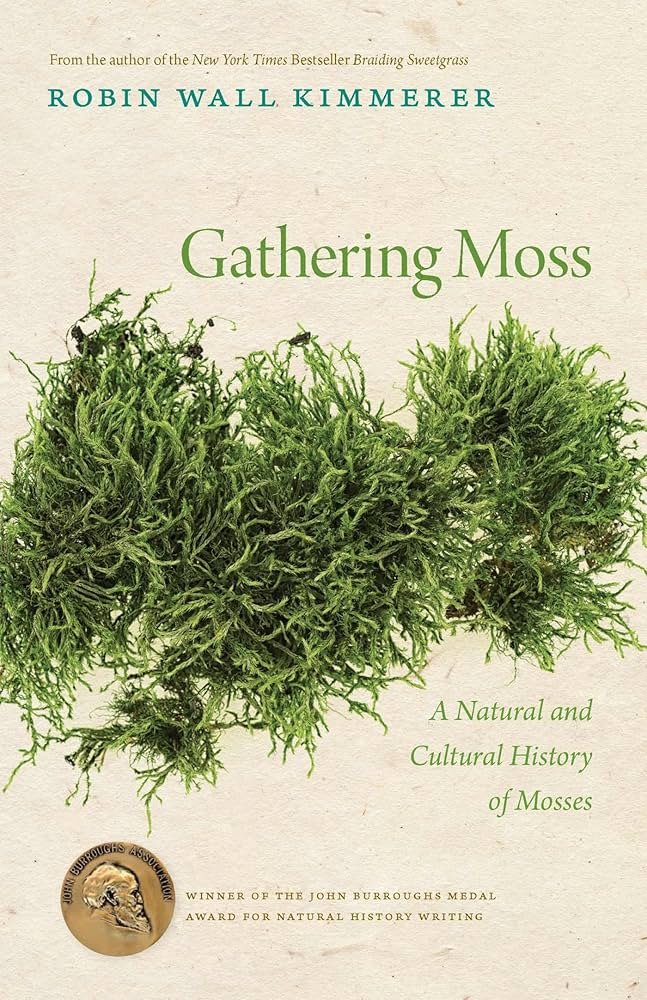The Best Books to Read to Become an Intersectional Environmentalist
I love reading in general, but I especially love reading to learn! And, I love that I can read in an eco way by using my library…which is also FREE! Check out the full economic and environmental benefits of libraries here.
So, let’s keep learning. It is a great way to open our minds, hearts, and learn about why we’re doing this in the first place. Today, we have some eco-themed books but also some political books. Why? Well, eco living IS political, and it’s all connected through intersectionality.
If you want more book recs, be sure to check out part one and part two next, or shop from this page.
Stop Saving the Planet
by Jennifer Price
This environmentalist manifesto is not my favorite eco book I’ve ever read. In fact, I low-key hate it. But I wanted to include it anyway. It may be beneficial to others! Here’s the synopsis:
“We’ve been ‘saving the planet’ for decades…& environmental crises just get worse. All this Tesla driving & LEED building & carbon trading seems to accomplish little to nothing — all while low-income communities continue to suffer the worst consequences.”
She then asks the questions:
“Why aren’t we cleaning up the toxic messes & rolling back climate change? And why do so many Americans hate environmentalists?”
So, why did I hate it? It’s just so angry. I get it, I’m mad, too, but her anger seems pointed in the wrong direction. She spends the entirety of the book angry at every single environmentalist and demonizing our small actions. I guess I’m not really hyping this up, am I?
I think this book would be good for people who are also angry. It may help you feel seen and heard and show you that your anger is justified. But if this is not you, you may want to skip this one.
How democracies die
by Daniel Ziblatt and Steven Levitsky
Want to dive into the world of political books? I highly recommend this one (though I am also a huge fan of How Fascism Works and The Anatomy of Fascism). This book is “about democratic backsliding and how elected leaders can gradually subvert the democratic process to increase their power. The book also offers stark warnings about the impact of the Republican Party and Donald Trump's presidency on U.S. democracy.”
It’s a great starting point for learning about fascism and how democracy can slowly but surely be destroyed by any politician, but with a heavy emphasis on Trump. I mean, just look around. Though this book was written as a reflection of his first term, it is still very obviously applicable to this day.
It’s scary, I know, but it is SO important that we understand this topic. And with authors who are Harvard University political scientists? I think this is a great place to learn!
Mutual aid
by Dean Spade
Want to learn about organizing? This is the book for you! Now, I will be honest, this isn’t for everyone either. It’s mostly geared toward organizers and those already involved in mutual aid. This is not what I expected. I thought I was going to learn about joining or starting mutual aid.
So, if that’s you, too, maybe take some time to get involved first and save this for later. Or, go ahead and read it now. It’s short, and I still learned a lot despite not being a community organizer myself. You never know when that opportunity might arise or you get thrown into it, so it’s always good to have this knowledge in mind!
There were still a number of helpful tips in this book when it comes to preventing burnout, being a respectful neighbor, teamwork, and more. Highly recommend this one!
The Day the World Stops Shopping
by J. B. MacKinnon
This was a book we read for my Eco Book Club, and I honestly wasn’t too jazzed about it. But, I ended up LOVING this read. Our author poses a simple question: “What happens if the world stops shopping right this very second?” It’s an exploratory book, though heavily based on past events (like the COVID-19 shutdown) and research.
Would the economy collapse? What would air pollution levels be? Would we have stronger communities? Would we work less?
While, of course, our current system would truly collapse if this happened (thanks, capitalism), we can and should consume less. We are, in fact, overconsuming, especially in the US. It is destroying the planet. He makes you question not only how much you shop but how much energy you use and how much you work and how little time you spend with friends and family.
This book will make you question every purchase and every action you take because even scrolling on social media is consuming. So, read this book, get outside, and spend time with loved ones!
Threat Multiplier
by Sherri W. Goodman
And this book was the opposite. I purchased this brand new because I thought I would love it so much, and it really disappointed me. This book is all about climate change and the US military. I thought this meant we would get a look at how the US military is fueling climate change. And we do get a tiny glimpse of that, the book most heavily focuses on how the US military also needs to cope with climate change.
Sigh…
Of course, this is important. Fortunately, this is a way in which the US government WILL care about climate change. When climate disasters start to affect their best asset, they will start to care. It’s sad, but true.
But, truly, our author doesn’t focus nearly enough on the fact that the US military is one of the world’s biggest polluters. With hints of white saviorism and Zionism, this book left a bad taste in my mouth. While I didn’t fully hate it, I sure didn’t love it. I learned some things, but was left wanting more.
Psalm for the Wild Built/Prayer for the Crown-Shy
by Becky Chambers
What? Fiction on this list? Yes! Another Eco Book Club read was A Psalm for the Wild Built, and I read the sequel shortly after because I loved the first one so much! These novellas are about a tea monk who lives in a sci-fi future and runs into a sentient, walking, talking robot who wants to learn all about humans.
This future is focused on community and healing. Our main character, Dex, is lost in life. They switched jobs to be a Tea Monk but still feel unsatisfied. As they adventure with their new pal, Mosscap, they learn about themselves, one another, and humanity, all while connecting to nature. They’re short, wholesome, and get you thinking about our modern world.
The Serviceberry
by Robin Wall Kimmerer
The latest book released by the author of Braiding Sweetgrass, The Serviceberry, is a short and sweet read focused on one word: reciprocity. Robin talks about the serviceberry plant and how it gives to its environment and also takes from it. She walks us through how this relates to us as well. We cannot give 100% to our communities and environments, nor can we take 100% either. We must find this balance of reciprocity, of give and take. Not only this, but how something that benefits me can benefit you and vice versa. It’s a beautiful illustration of how progress for one group of people means progress for everyone.
Gathering Moss
by Robin Wall Kimmerer
I didn’t even know her earliest book even existed until The Serviceberry came out! I gave this one a listen just after I finished up my lesson on moss and other bryophytes in my botany classes this spring. Now, I’m not sure I would have enjoyed it quite as much had I not known some of the scientific names for things thanks to class, but man, Robin does it once again. She so beautifully illustrates plants and ecosystems, and her research in such detail. This book is full of facts and learning, but it feels more like listening to a story from your grandmother around a fire. I can still see the images that this book conjured in my mind right this moment.
This may go down as my favorite RWK book. But I guess you’ll just have to read all three of them and judge them for yourself!
Not the End of the World
by Hannah Ritchie
If you’ve watched me on YouTube in the last 2 months or so (as of writing this), you know that I cannot shut up about this book. Hannah Ritchie, a data and climate scientist, busts common myths around eco living, from palm oil to vegan food to flying and more. I love her research and her levels of nuance she provides. I don’t see this level of nuance nearly enough in the eco space, and it’s very needed.
And she leaves us hopeful: our small actions matter. Focus on the eco swaps and habits that make the most impact (like these) and don’t stress the rest. It’s better to try a little than not to try at all. We need this hope in the movement, and I love how she articulates it. I feel like people don’t always listen to me, but I hope they listen to a data scientist about this.
But, I do have some critiques. I would love to see a longer book with more depth. It can be quite surface-level at times. I also learned via my Eco Book Club attendees that this is best read in print. I listened to the audiobook and missed out on charts, graphs, and footnotes. This was not even spoken aloud in the audiobook, and I wish there were some sort of online reference for listeners to check out.
And, lastly, her claim that we can be the first generation to live truly sustainably gives me the ick. There are humans who have and still do live sustainably. Yes, we can be the first white or modern or western humans to live sustainably, but this discredits many people who DO live sustainably, even if they don’t live precisely like I do. It felt a little out of touch.
Dark Laboratory
by Tao Leigh Goffe
From Columbus and colonialism to climate change, it’s all connected. Tao Leigh Goffe “explores the Caribbean as a site of both idyllic imagination and brutal colonial experimentation, linking the region's history to the origins of the climate crisis.”
I loved this book so much. It’s heavy, it can be dark, and it can be scientific, but wow, did I learn so much, and it left plenty of room for self-reflection, too. It got me thinking about my new field of botany and its dark history and how all fields of science have a long way to go from their racist origins.
It was so eye-opening to the root cause of climate change: colonialism and capitalism. We way too often villainize small things like a plastic straw or someone charging their phone. While those things matter, they won’t change the world until we get to the root of the problem and Goffe takes us there.
If you’re looking for the next book in your intersectionality journey, let it be this one.
Again, you can find my books through an indie bookstore here, but I highly recommend you shop at your local indie bookstore or borrow them through your library.
Leave your eco book recs down below! Which one of these will you read first?
As always, remember that your small actions make a big difference in the long run :)
Emma











